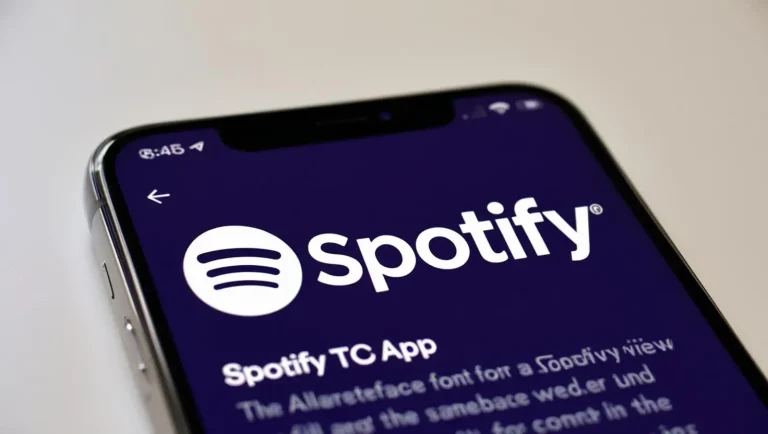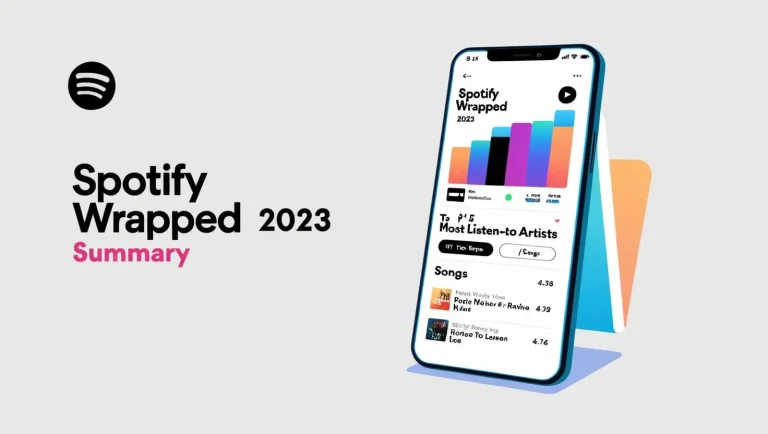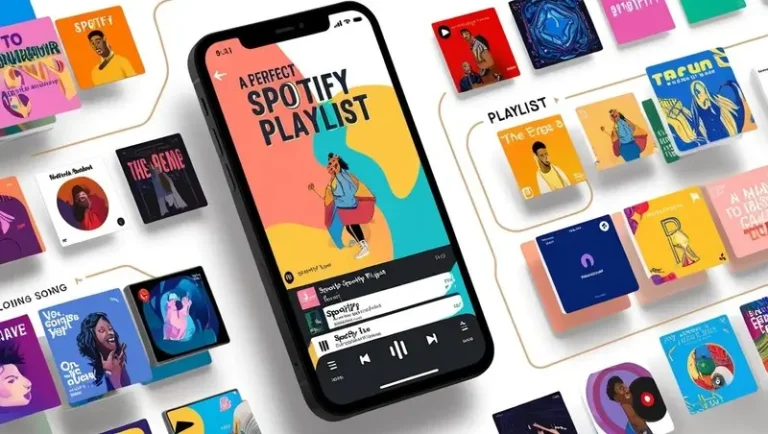How Spotify Became a Global Business Success
Spotify, the global music streaming leader, has revolutionized how we listen to music. From its humble beginnings in 2006, it has grown into a business powerhouse, changing the entire music industry landscape. But what makes Spotify a successful business? In this article, we’ll dive into how Spotify grew, its business model, and why it continues to dominate the music streaming industry.
Read All Steps About Spotify business
1. The Birth of Spotify:
Spotify was founded in Sweden in 2006 by Daniel Ek and Martin Lorentzon. Their idea was simple: create a legal, user-friendly platform for music streaming to tackle music piracy. With the backing of major record labels, Spotify launched its service in 2008, allowing users to listen to various music without downloading files illegally.
2. A Game-Changing Business Model:
Spotify’s business model is centered around two key pillars: freemium and subscription-based services. Users can access the platform for free with ads or pay a premium subscription for an ad-free experience. This dual approach ensures that Spotify attracts a wide range of users, from those just exploring the service to loyal customers willing to pay for added features.
The freemium model has proven successful in helping Spotify rapidly build its user base. As of 2025, Spotify has over 400 million active users worldwide, with over 180 million paying subscribers.
3. How Spotify Makes Money:
Spotify generates revenue primarily through two sources: advertising and subscriptions. Free users are served ads, while premium subscribers enjoy an ad-free experience. Spotify also earns revenue from partnerships with brands, artists, and podcast creators. As the platform continues to grow, Spotify has expanded its business to include podcasts, helping it tap into the fast-growing podcast industry.
4. The Importance of Personalization and Algorithms:
One of Spotify’s standout features is its robust recommendation algorithm. By analyzing user behavior and listening habits, Spotify offers highly personalized playlists, such as “Discover Weekly” and “Release Radar,” which keep users engaged and encourage them to listen to more music. These customized playlists have played a significant role in Spotify’s growth by fostering a deeper connection between users and the music they love.
5. Spotify’s Global Expansion:
Spotify’s reach extends far beyond its origins in Sweden. The company has expanded into over 180 countries, making it accessible to millions of people worldwide. This global reach is crucial to its business strategy, allowing Spotify to tap into diverse music markets and offer localized content. Whether you’re in the U.S., India, or Brazil, Spotify provides a personalized experience tailored to each country’s music preferences.
6. Challenges and Competition:
While Spotify remains dominant in music streaming, it faces fierce competition from other platforms like Apple Music, Amazon Music, and YouTube Music. Despite these challenges, Spotify has managed to maintain its leadership by continually improving its service, expanding its catalog, and exploring new ways to engage users through podcasts, exclusive content, and live events.
7. The Future of Spotify:
Looking ahead, Spotify focuses on expanding its podcast offerings, integrating AI and machine learning to improve user experiences, and forging new partnerships to diversify its revenue streams. With the rise of new technologies and changing user habits, Spotify is in a strong position to adapt and continue leading the music streaming industry.
Conclusion:
Spotify’s journey from a small startup to a global business giant is a testament to the power of innovation and innovative business strategies. Spotify has become a major player in the digital music world by offering a compelling product, diversifying revenue sources, and adapting to user needs. As the company continues to grow and evolve, there’s no doubt it will remain a key player in the music streaming industry for years to come.






